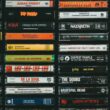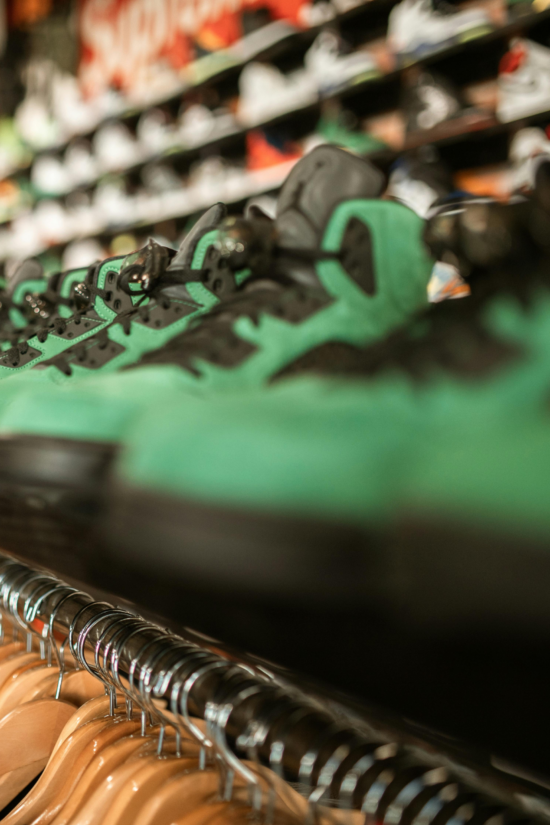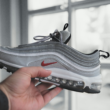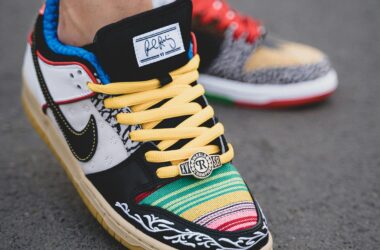Sneaker reselling has rapidly grown into a billion-dollar industry, evolving from a niche hobby into a significant global market. Driven by limited-edition releases, celebrity endorsements, and a thriving online marketplace, sneaker reselling reflects the broader shifts in consumer culture, where scarcity and exclusivity create immense value. Understanding the economics behind this industry reveals how sneakers have become valuable assets and a means of investment for many.
The sneaker reselling market took off in the early 2000s with the advent of online platforms like eBay, where enthusiasts could buy, sell, and trade rare and exclusive sneakers. Initially driven by niche communities of sneakerheads, the market exploded as limited-edition releases and collaborations with celebrities like Kanye West and Virgil Abloh gained mainstream popularity. These releases created a culture of hype, where the demand for certain sneakers far exceeded their supply, allowing resellers to profit from the scarcity.
Key Players in the Resale Market
Platforms like StockX, GOAT, and Stadium Goods have revolutionized the sneaker reselling industry by providing a secure, transparent marketplace for buying and selling sneakers. These platforms authenticate sneakers to prevent fraud, ensuring that buyers receive genuine products. This level of trust and convenience has attracted a broad audience, from casual buyers to serious collectors, and has helped formalize the sneaker resale market.
The Economics of Hype and Scarcity
The economics of sneaker reselling are driven by the principles of hype and scarcity. Brands like Nike, Adidas, and Supreme deliberately release limited quantities of certain sneaker models to create a sense of exclusivity and urgency among consumers. This scarcity, combined with strategic marketing and celebrity endorsements, generates significant hype and drives up resale prices. Sneakers that sell for $200 at retail can fetch thousands of dollars on the resale market if demand is high enough.
Reselling as an Investment
For many, sneaker reselling is more than just a hobby—it’s a lucrative investment opportunity. Just like stocks or real estate, certain sneakers appreciate in value over time, especially those associated with iconic collaborations or significant cultural moments. Some investors even view sneakers as alternative assets, diversifying their portfolios with rare and valuable pairs. The volatility and unpredictability of sneaker prices make this market both exciting and risky, appealing to a new generation of traders.
Impact on the Sneaker Industry
The rise of sneaker reselling has had a profound impact on the sneaker industry. Brands now pay close attention to the resale market, using it as a gauge for the popularity and value of their products. Some companies have even embraced the resale market by collaborating with platforms like StockX and GOAT for special releases and auctions. However, the reselling phenomenon has also sparked debates about accessibility and fairness, as many consumers are priced out of the market for certain high-demand sneakers.
The Future of Sneaker Reselling
As the sneaker reselling market continues to grow, it faces several challenges and opportunities. Issues like counterfeit sneakers, fluctuating demand, and market saturation could impact the industry’s future. However, with continued innovation in technology and a dedicated global community, sneaker reselling shows no signs of slowing down. New trends, such as sustainable sneakers and digital fashion, may also shape the future of this dynamic market.
Sneaker reselling has transformed from a side hustle for enthusiasts into a sophisticated, billion-dollar industry. By capitalizing on scarcity, exclusivity, and cultural trends, the sneaker resale market reflects the evolving landscape of consumer culture and investment. mid kitten heel this ladylike design.









